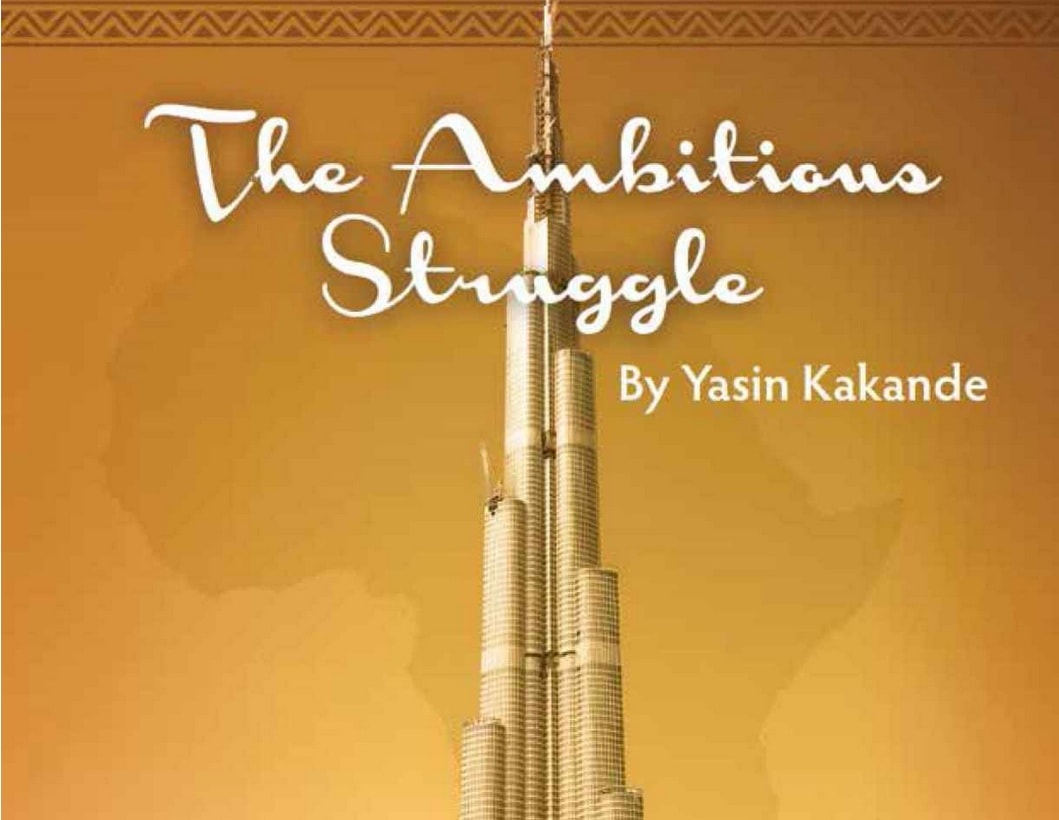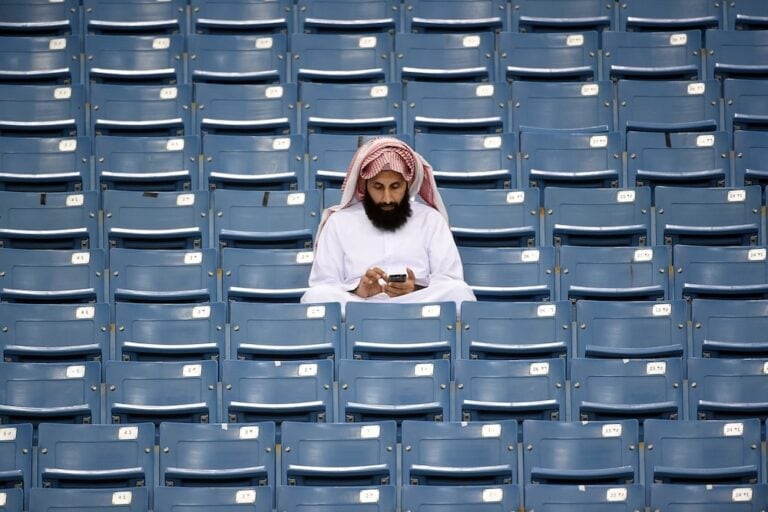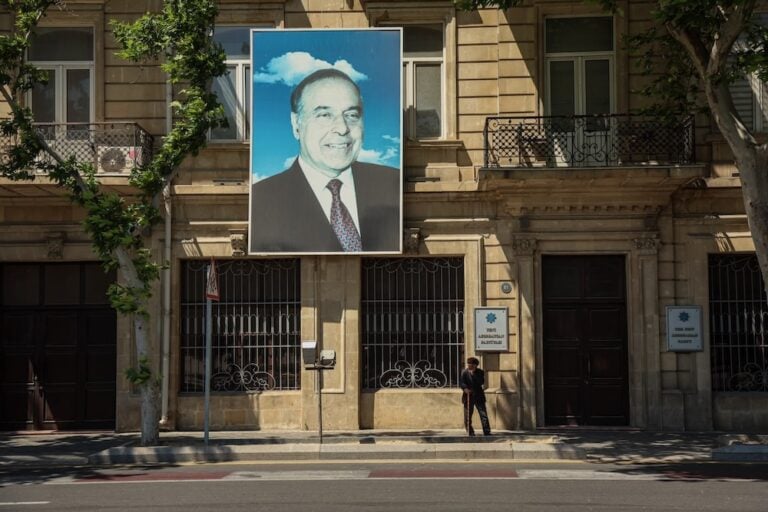An Emirati English-language newspaper fired Ugandan journalist Yasin Kakande for writing a book that was strongly critical of the conditions of migrant workers and media censorship in the United Arab Emirates.
The Emirati English-language newspaper The National fired Ugandan journalist Yasin Kakande for writing an autobiographical novel describing the conditions of migrant workers and media censorship in the United Arab Emirates.
Kakande had worked for The National for six years when he was fired in April, a few months after the publication of his book “The Ambitious Struggle: An African Journalist’s Journey of Hope and Identity in a Land of Migrants.”
Contacted by Reporters Without Borders in late April, Kakande said The National’s new editor in chief, Mohamed Al-Otaiba, told him on 1 April he had committed two offences by publishing the book – failing to obtain the management’s permission and not showing his employer in the most favourable light.
He was dismissed with immediate effect, without any notice, he was forbidden to return to the newspaper’s offices and he was given one month to leave the country. As for his book, it seems to be on the list of publications that are banned in the UAE.
The newspaper’s management refused to comment when contacted by Reporters Without Borders yesterday.
Kakande’s book, which Reporters Without Borders has read, describes the human trafficking, exploitation, abuses, racism and wage discrimination that migrant workers suffer in the UAE.
“As journalists, we should not leave the poor immigrant workers on their own to fight the struggle for their rights,” he says. “How many stories that would have communicated the plight of workers have we decided instead to report in small story briefs or even to trash completely because we feared enraging those in authority and getting fired?”
The section of the book entitled “Reporting from Dubai” describes the censorship and self-censorship prevailing in the UAE’s media and how their executives are in practice an integral part of the government’s censorship system.
In Chapter 35, page 141, he writes: “All the PR who worked for companies owned by the ruling families thought they were the sheikhs’ de facto censorship arm.” Describing the media as “co-opted” on page 145, he shows that journalism is not easy in a country where secrets must not be exposed and certain subjects must be avoided.
Kakande recounts Mohiudin Bin Hendi’s first measures on taking over at the head of City 7 TV in May 2007. “He announced a ban on covering all political stories, saying that he never wanted to clash with the country’s leadership. He was instructing us with immediate effect to put an end to police, court, or other politically related stories”.
He also describes how certain journalists are blacklisted by the “PR people,” meaning politicians’ spokesmen or public relations representatives, and cites the example of his article “Buhairah Corniche Road: from bad to worse” about the negative impact of the Al-Majaz urban development project on traffic on the road to Sharjah (one of the UAE’s emirates), as a result of which he was subjected to a great deal of pressure.
According to Kakande: “The existing law continues to feed the cancer of journalistic censorship in the UAE, which intimidates many professional journalists wary about what would happen should they dare challenge the government’s strict scrutiny.”
Recalling the Federal National Council’s desire in 2009 to reform the press and publication legislation, which dates back to 1980, he cites Human Rights Watch’s criticism of the proposed reform, which included provisions to criminalize insulting the royal family and government officials. He stresses the importance of social networks in the absence of media independence and refers to the arrests of Emirati citizens under the cyber-crime law, something the local media have ignored.
“Everything indicates that Yasin Kakande was punished for these embarrassing revelations, which clearly have no place in the Emirati media,” Reporters Without Borders said.
Any sign of support for the Muslim Brotherhood or Al Islah, its Emirati affiliate, is severely punished in the UAE, which is ranked 118th out of 180 countries in the 2014 Reporters Without Borders press freedom index. Long jail terms were passed on two netizens who tweeted about the trial of 94 Emiratis accused of Al Islah membership. Only handpicked local journalists were allowed to cover the trial and international observers and journalists were barred from the courtroom.
The Telecommunications Regulatory Authority (TRA) and anti-cybercrime units coordinate efforts to monitor and censor the Internet. In late 2012, a cybercrime law reinforced the repressive arsenal available to the government, which has full control over the compliant justice system.



